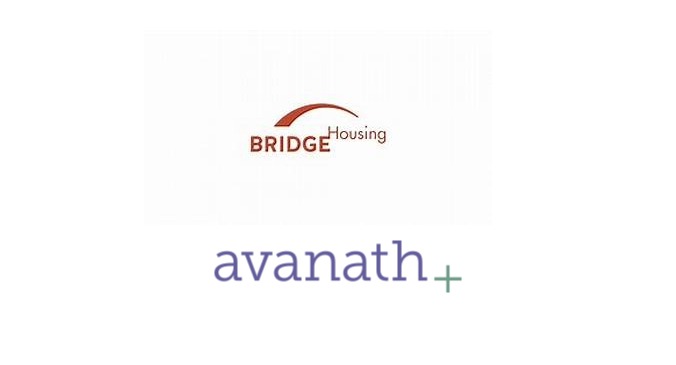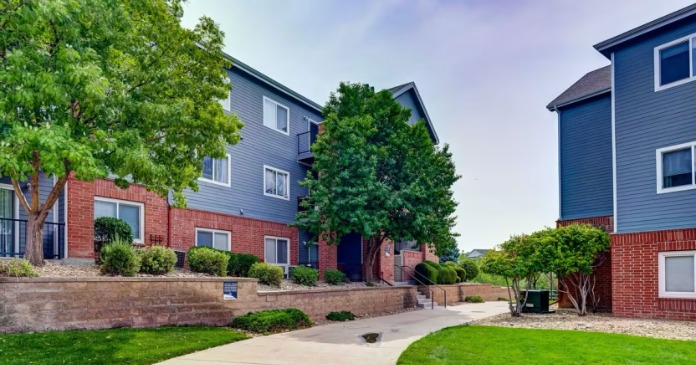In its 2003 report, the NFHA found that 30 percent of all housing discrimination complaints were race-based, followed by disability and familial status, which accounted for 27 percent and 15 percent, respectively, of all complaints last year. Housing-discrimination complaints based on national origin, the next highest category, comprised 12 percent. In 2002, a total of 25,246 complaints were filed with the NFHA.
While housing discrimination levels are high, the NFHA, a consortium of nonprofit Fair Housing organizations and civil-rights groups, said housing discrimination complaints do not reflect the growing incidents of housing discrimination nationwide. In its annual report, titled “The 2003 Fair Housing Trends Report,” the organization cited a recent study conducted by the United States Department of Housing and Urban Development (HUD) that revealed African Americans are likely to experience discrimination in one out of every five rental transactions, and Latinos are likely to experience discrimination in one out of every four rental-housing transactions.
Shanna Smith, president of the NFHA, said an even higher number of race-based and national-origin discrimination cases often remain unreported. Based on data taken from HUD’s housing discrimination study, the NFHA projected that the number of instances of housing discrimination would exceed three million annually. Smith partly attributes the problem to the continued lack of funding to enforce the federal Fair Housing Act, which was designed to eliminate residential segregation in the United States.
“If people of color recognize they’ve been discriminated against, you have to wonder where they go to report it,” said Smith. “If they go to a private Fair Housing center with only two staff people, you have to hope they have the time to conduct the investigation and respond to it.”
According to the NFHA report, the Fair Housing Initiatives Program, the primary source of funding for private Fair Housing organizations, has never been funded at more than $25 million annually. The amount reflects the total for education, enforcement and creation of new Fair Housing organizations throughout the U.S.
Smith said some states do not have Fair Housing centers and existing offices continue to remain underfunded. Last month, the Open Housing Center, a private fair housing center that serviced New York, shut down because of insufficient funding. The NFHA has been working toward achieving more funding and stronger support of the federal Fair Housing Act.
April marks the 35th anniversary of the passage of the act. Initially, HUD had limited authority to enforce the new law, but later in 1988, an amendment to the law provided HUD with stronger enforcement power. HUD may now initiate investigations, charge complaints, litigate complaints and secure compensatory damages for victims of housing discrimination as well as civil penalties.
Among other key findings included in the trends report, the rental market spurred the highest complaint volumes at a total of 14,483, representing more than half of all complaints. The majority of the complaints are filed against apartment owners and managers for discriminating on the basis of race, disability, family status or national origin. In home sales, there were 995 complaints reported based on several forms of discrimination.
The trends report is based on 2002 complaint data from NFHA member agencies, HUD, the U.S. Department of Justice (DOJ) and more than 90 state and local government agencies.
Author: Melanie Austria Farmer















